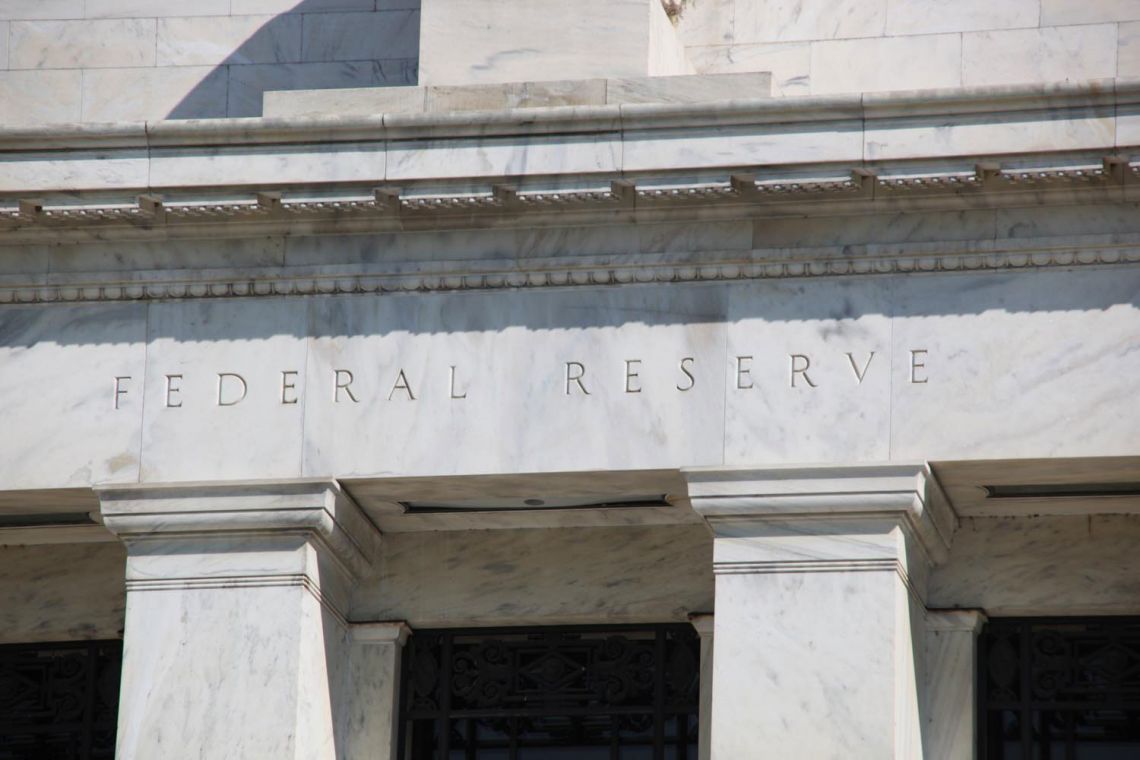Economists: Federal Reserve Misstep Could Increase Inflation or Trigger Recession

The Federal Reserve is poised to raise its policy interest rate by 75 basis points on July 27 – the fourth rate increase of 2022.
Economist John Coleman, a professor at Duke University’s Fuqua School of Business, says additional rate changes this year carry high stakes.
“The Fed’s decision on rate increases is significant, as an error could lead either to rising inflation or a deep recession,” Coleman says.
Coleman, who began his career as a senior economist for the Board of Governors at the Federal Reserve, says the central bank needs to cut about 20 percent of the U.S. money supply to avoid additional strain from inflation, which is already at a 40-year high at 9.06%.
“Removing such a large amount of money will require a large and sustained rise in the federal funds rate, which will surely lead to a significant contraction in gross domestic product (GDP),” Coleman says. The National Bureau of Economic Analysis is scheduled to release the latest GDP data July 28.
Economics research professor Ellen Meade says the Fed’s goal in its decision today is to bring the central bank’s policy rate up to a level it considers to be “neutral,” which it defines as the short-term nominal rate that neither spurs nor restricts economic activity. At future Federal Open Market Committee (FOMC) meetings, policymakers will continue to hike rates above neutral.
“Chair Powell is likely to tell us that the FOMC will hike again in September by another 50 or 75 basis points,” Meade says. “As the Fed increases rates into restrictive territory, they will want to slow the pace of increases as they assess effects on an economy that is already showing signs of slowing. But inflation remains very high – higher than anything we’ve seen since the early 1980s – and the Fed’s primary objective is to move inflation back down toward its 2% objective. I could see them continuing to increase the policy rate until it rises above 4%.”
Coleman suggests the difficult path policy makers are facing is somewhat self-inflicted.
“The Fed has a difficult road ahead, but one largely of its own making,” Coleman says, adding that Fed chair Jerome Powell has appeared less concerned than predecessors with inflation and that approach could be costly.
“Ever since Paul Volcker’s tenure as Fed chairman, the Fed has been proactive in trying to get ahead of inflation, which has successfully led to low rates of inflation for the past 40 years,” Coleman says. “[Jerome] Powell seems not to have been concerned with inflation, which encouraged him to err on the side of excessive monetary expansion to deal with the COVID-19 pandemic. We are now paying the price of that mistake.”